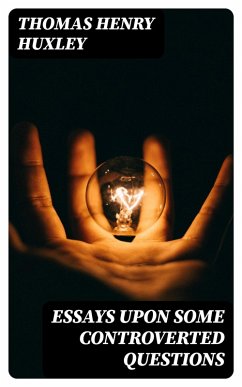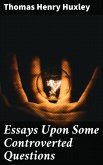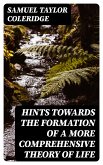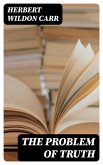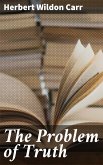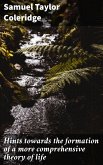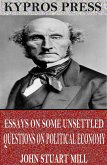In "Essays Upon Some Controverted Questions," Thomas Henry Huxley delves into the intersection of science and philosophy during the tumultuous Victorian era. This collection showcases Huxley's exceptional ability to articulate complex scientific concepts through accessible prose, making a compelling case for naturalism and empirical observation. His essays engage with prevalent debates of the time, including evolutionary theory, the nature of the mind, and the relationship between science and religion. Huxley's critical examination of these topics not only reflects the burgeoning intellectual climate but also challenges prevailing dogmas, positioning him as a key figure in the advancement of scientific thought. Huxley, often referred to as "Darwin's Bulldog," was an ardent advocate for Charles Darwin's theories of evolution. His own background in biology and paleontology, paired with his commitment to rational inquiry, informed his provocative writing. Huxley's experiences in the scientific community and contention with religious orthodoxy inspired him to defend science against misunderstandings and philosophical critiques. His incisive arguments reveal his deep-seated belief in the necessity of critical thinking in understanding life's profound questions. This book is a must-read for scholars and enthusiasts alike, drawing connections between historical scientific debates and ongoing intellectual challenges. Huxley's essays offer not only a window into the past but also a framework for contemporary discourse on science, religion, and philosophy. Engaging and thought-provoking, Huxley's work remains vital for anyone seeking to understand the foundations of modern scientific thought.
Dieser Download kann aus rechtlichen Gründen nur mit Rechnungsadresse in A, B, BG, CY, CZ, D, DK, EW, E, FIN, F, GR, H, IRL, I, LT, L, LR, M, NL, PL, P, R, S, SLO, SK ausgeliefert werden.

